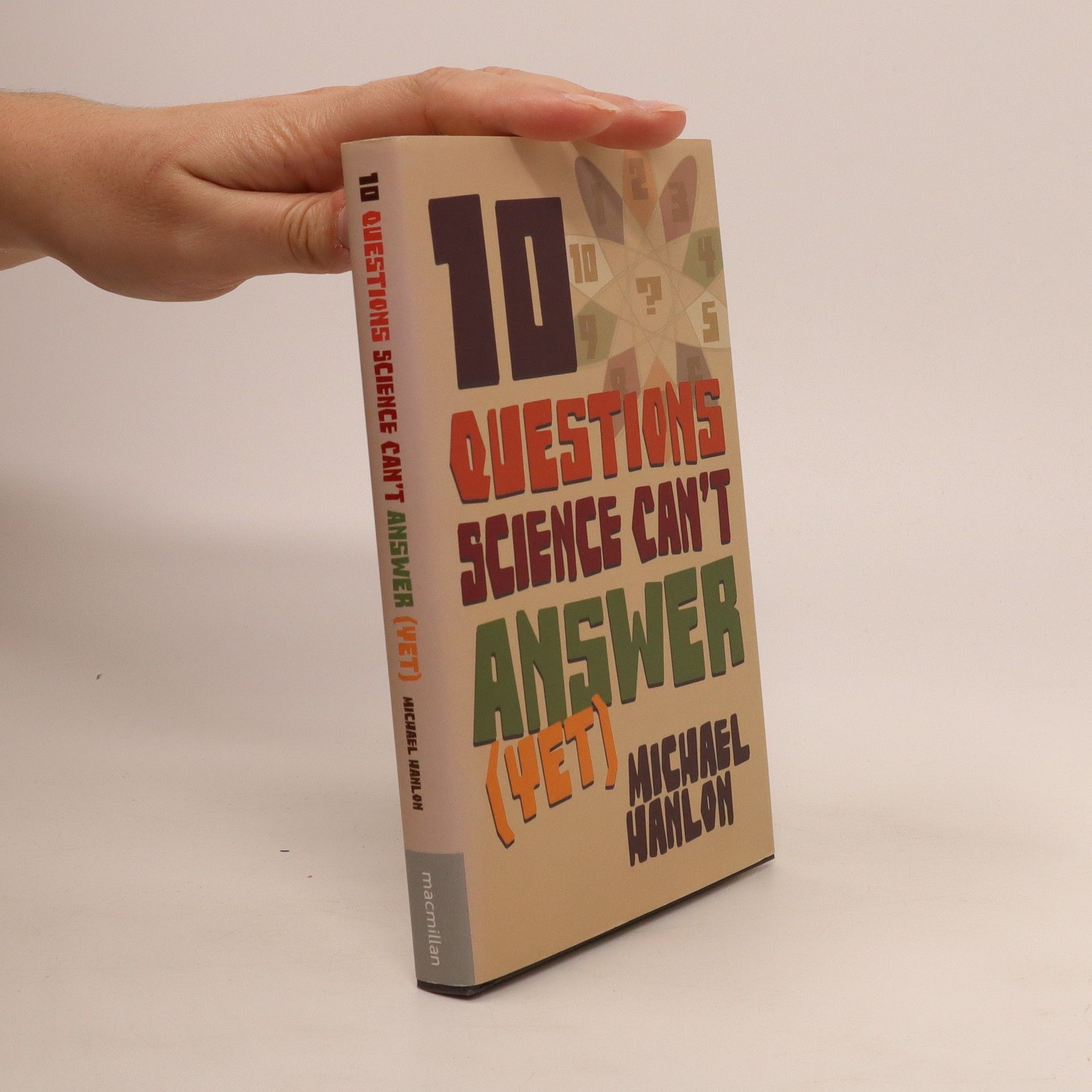Defense 101
- 282 páginas
- 10 horas de lectura
In Defense 101 , a concise primer for understanding the United States' $700+ billion defense budget and rapidly changing military technologies, Michael O'Hanlon provides a deeply informed yet accessible analysis of American military power. After an introduction in which O'Hanlon surveys today's international security environment, provides a brief sketch of the history of the US military, its command structure, the organization of its three million personnel, and a review of its domestic basing and global reach, Defense 101 provides in-depth coverage of four critical areas in military • Defense Budgeting and Resource detailed budget and cost breakdowns, wartime spending allocations, economics of overseas basing, military readiness, and defense budgeting versus US grand strategy• Gaming and Modeling wargaming, micro modeling, nuclear exchange calculations, China scenarios, and assessments of counterinsurgency missions• Technological Change and Military use of computers, communications, and robotics, cutting-edge developments in projectiles and propulsion systems• The Science of War, military uses of space, missile defense, and nuclear weapons, testing, and proliferation For policy makers and experts, military professionals, students, and citizens alike, Defense 101 helps make sense of the US Department of Defense, the basics of war and the future of armed conflict, and the most important characteristics of the American military.




